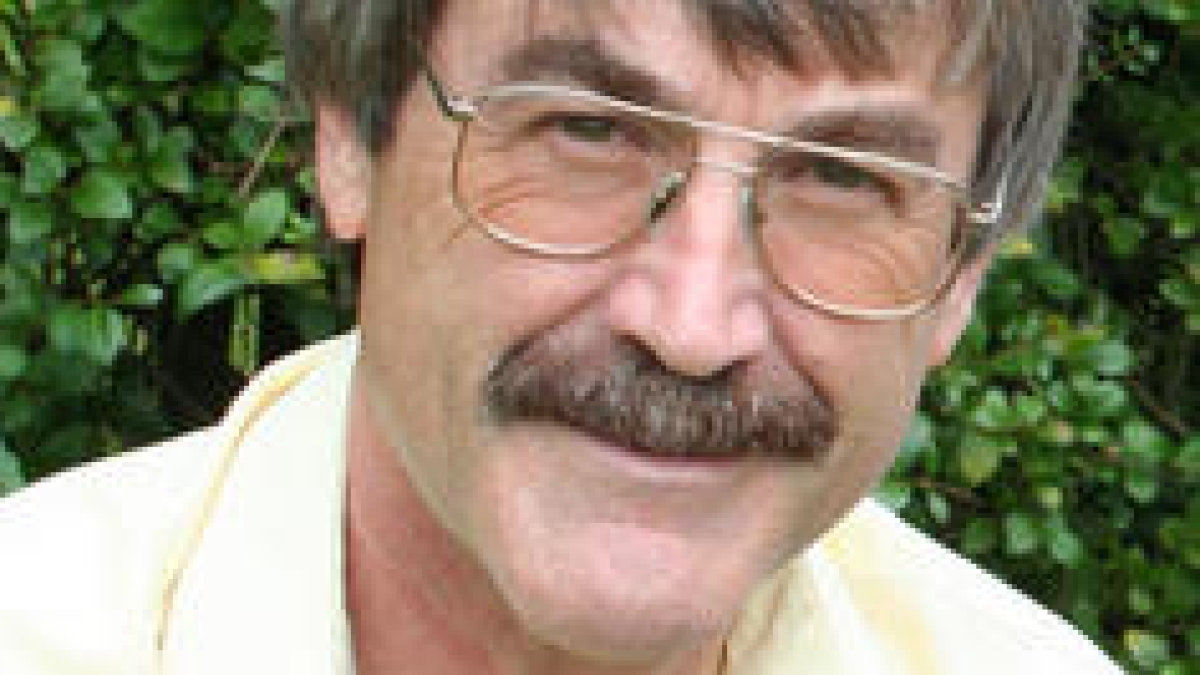Pop science professor at ASU nets honor from astronomical society

The popularization of topics including time travel, black holes, the search for extraterrestrial intelligence, and multiverses, has earned Arizona State University professor Paul Davies an award for excellence in astronomy research and education by the Astronomical Society of the Pacific.
This year’s Klumpke-Roberts Award for outstanding contributions to the public understanding and appreciation of astronomy will be presented to Davies in August at the society’s annual meeting.
Davies, a theoretical physicist, astrobiologist, cosmologist and cancer researcher in the College of Liberal Arts and Sciences teaches in ASU’s Department of Physics. He is director of the BEYOND Center for Fundamental Concepts in Science and heads up the Center for Convergence of Physical Science and Cancer Biology at ASU, one of 12 physical sciences-oncology centers nationwide established by the National Institutes of Health’s National Cancer Institute.
Davies has written more than 100 scientific papers and authored 30 books, including last year’s “The Eerie Silence: Renewing our search for alien intelligence.” Other titles include: “The Goldilocks Enigma: Why is the universe just right for life?” “How to Build a Time Machine,” and “The Mind of God.”
The pop science award given to Davies is one of eight announced by the Astronomical Society of the Pacific on June 15. “This year’s honorees demonstrate a remarkable array of achievement in research, education and popularization of astronomy and science,” said James Manning, ASP executive director. “The ASP is proud to recognize these individuals for their accomplishments and as inspirations to us all.”
Founded in 1889 in San Francisco, the Astronomical Society of the Pacific’s mission is to increase the understanding and appreciation of astronomy, by engaging scientists, educators, enthusiasts and the public to advance science and science literacy. The society’s education programs are funded by corporations, private foundations, the National Science Foundation, NASA, private donors and its members. More information is online at http://www.astrosociety.org.